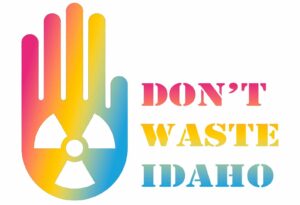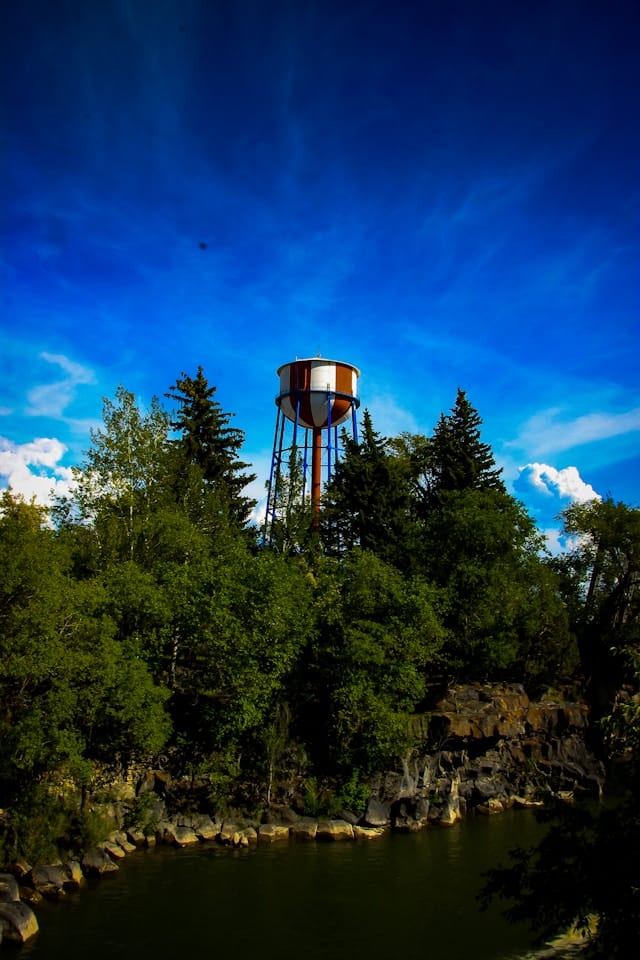
Aalo Atomics, another nuclear startup, and Idaho Falls Power are discussing a power purchase agreement for seven “microreactors,” nuclear reactors that “generally” produce less than 50 mW, for energy. While the company has never designed a nuclear reactor, Yasir Arafat, their lead engineer, was given a “90% design complete seal of approval” from the Department of Energy.
The “Aalo-1” nuclear reactor is “inspired by” the MARVEL reactor (Microreactor Applications Research Validation and Evaluation Project), another unfinished so-called advanced reactor.
In fact, MARVEL keeps getting delayed. The Department of Energy (DOE) first said MARVEL would be done “by the end of 2024” in May 2023, but by October 2023, DOE said MARVEL “is expected to be completed in early 2025.” According to the DOE’s latest announcement, “Fuel loading for MARVEL is anticipated to occur in 2026, with the microreactor expected to be on line by 2027.” I wouldn’t call that inspirational.
Like MARVEL, Aalo-1 would be a sodium-cooled microreactor fueled by uranium zirconium-hydride, enriched up to 10%.
Aalo CEO Matt Loszak claims the first reactors will have an output of “7¢/kWh,” and the second line as low as “3–5 ¢/kWh.” These are premature and wild claims. We remember NuScale’s cost hike and subsequent Idaho project collapse. NuScale is now facing lawsuits for deliberately misleading investors.
Not only does this proposal risk wasting a lot of money, it would waste time. Aalo only recently started the pre-application process this July; it is not feasible to get a design certified by December 2025, then submit a COLA application in 2026, and receive it in time to build the 7-reactor plant and have them online anytime soon. If the primary reason for pursuing a nuclear power plant is “clean energy,” then Idaho Falls would get more bang for its buck with rooftop solar, storage, and efficiency in a fraction of the time. And without spent nuclear waste.

From what I’ve read in the excited, promotional articles and press releases, significant issues are left out. There is no mention of radioactive waste or community safety. Safety and security concerns for storing nuclear waste near people need to be addressed. There are moral implications for creating nuclear waste and dumping it on other people in a “consent-based siting” or CIS scenario. People need unbiased information not written by promoters and pro-nuclear activists to assess the whole picture. We need transparency to build trust.
